
The thyroid gland is an essential gland in the body, producing a number of hormones, including T3 (liothyronine) and T4 (levothyroxine), both of which are required for normal metabolism in the body. Hypothyroidism is a rare condition in cats, with its occurrence being based on measurably lower than normal levels of thyroid hormones being produced and released throughout the body, and resulting slower metabolism along with other complications. This condition is usually seen in cats after thyroid surgery or radioactive iodine therapy has been given. In most cats this condition is transitory and does not require intensive therapy.
This disease is rare in cats. Following are some of the symptoms presented in affected cats:
A medical history and complete physical examination are important for the diagnosis of this disease. You will need to provide your veterinarian with a thorough history of your cat's health leading up to the onset of symptoms.
Finding the exact cause of hypothyroidism may require a thorough investigation. Routine laboratory testing will include a complete blood count, biochemistry profile, and urinalysis. Your doctor may be able to make an initial diagnosis based on the results of these tests, but endocrine testing is also an important panel for the diagnosis of hypothyroidism. The levels of T3 and T4 will be measured to determine if these are in the lower ranges. Radiographic studies may also be conducted to examine your cat internally for abnormalities that may be causing the dysfunction of the thyroid glands.
In cats, usually no treatment is required for hypothyroidism, as this condition is frequently transitory in cats. When treatment is required, it is typical for it to be a life long treatment plan. The deficient hormones are given in synthetic form, with the dosage adjusted occasionally based on your cat's individual physical condition and progress. Most clinical symptoms will resolve after a few months, but only your veterinarian can determine whether your cat's medicine dosage should be adjusted or changed.
Conscientious compliance with the prescribed drugs and diet is required for successful therapy. Your veterinarian will adjust the dosage of the synthetic hormones as necessary for your cat, and will also monitor the usefulness of any medications that have been prescribed. To avoid complicating the condition, do not change the type or dosage of the drug yourself, and never give anything new to your cat without first consulting with your veterinarian. This caution includes the use of herbal remedies. Diet modifications, including a reduction in fat, are recommended during the initial phase of therapy. Most cats respond well to therapy, with activity levels and mental alertness increasing significantly in a short amount of time.
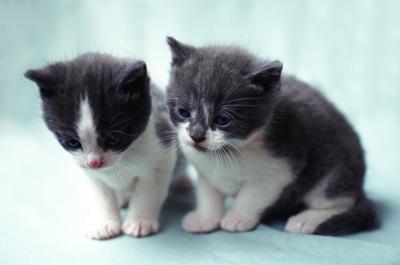 Do Male Cats Get Along Better With Female or Male Cats?
Do Male Cats Get Along Better With Female or M
Do Male Cats Get Along Better With Female or Male Cats?
Do Male Cats Get Along Better With Female or M
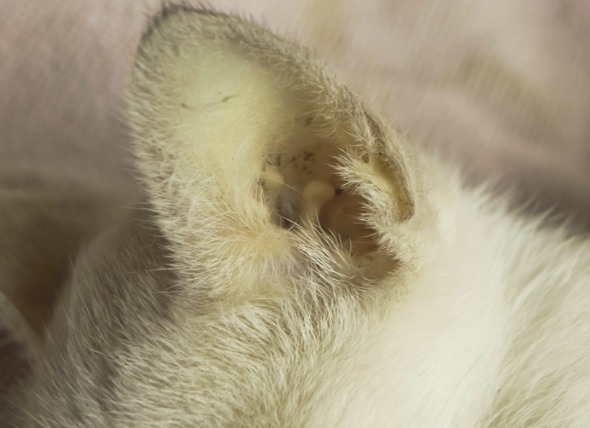 Yellow Skin (Jaundice) in Cats
Icterus in Cats
Icterus (or jaundice) is a yellow
Yellow Skin (Jaundice) in Cats
Icterus in Cats
Icterus (or jaundice) is a yellow
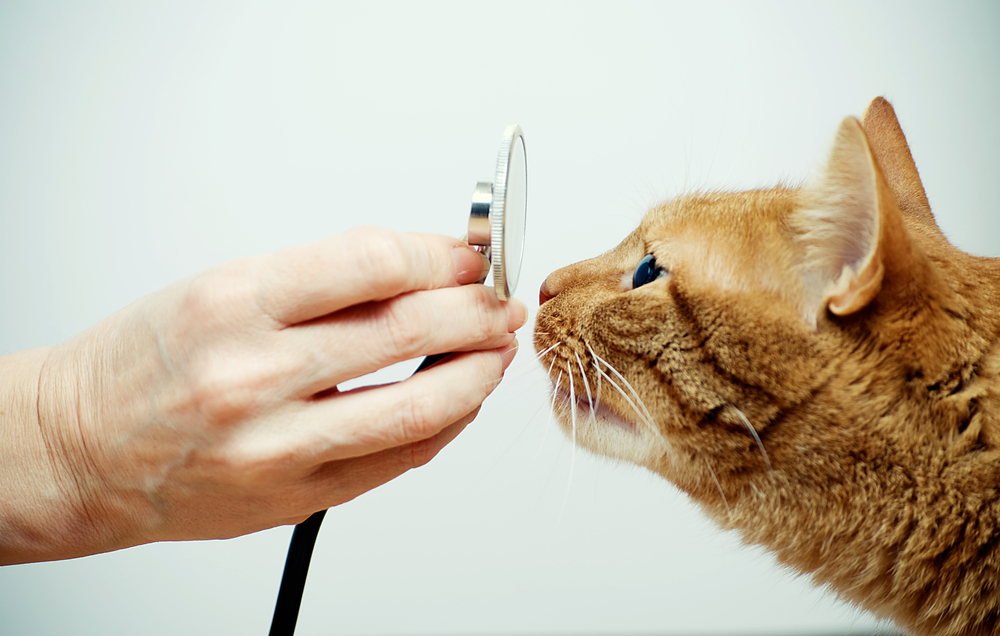 Abnormal Eyelid in Cats
Entropion in Cats
Entropion is a genetic conditio
Abnormal Eyelid in Cats
Entropion in Cats
Entropion is a genetic conditio
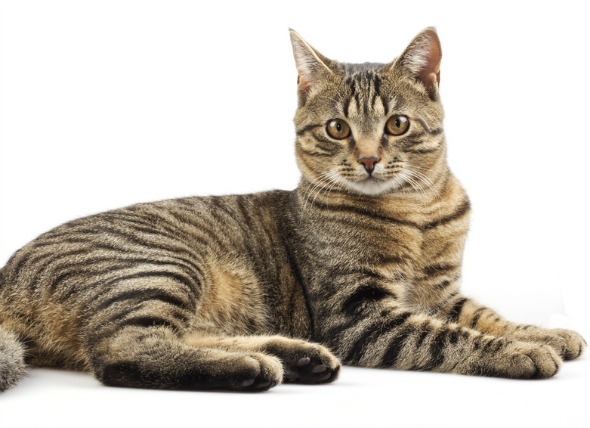 Pain from the Nervous System in Cats
Neuropathic Pain in Cats
An injury or disease rel
Pain from the Nervous System in Cats
Neuropathic Pain in Cats
An injury or disease rel
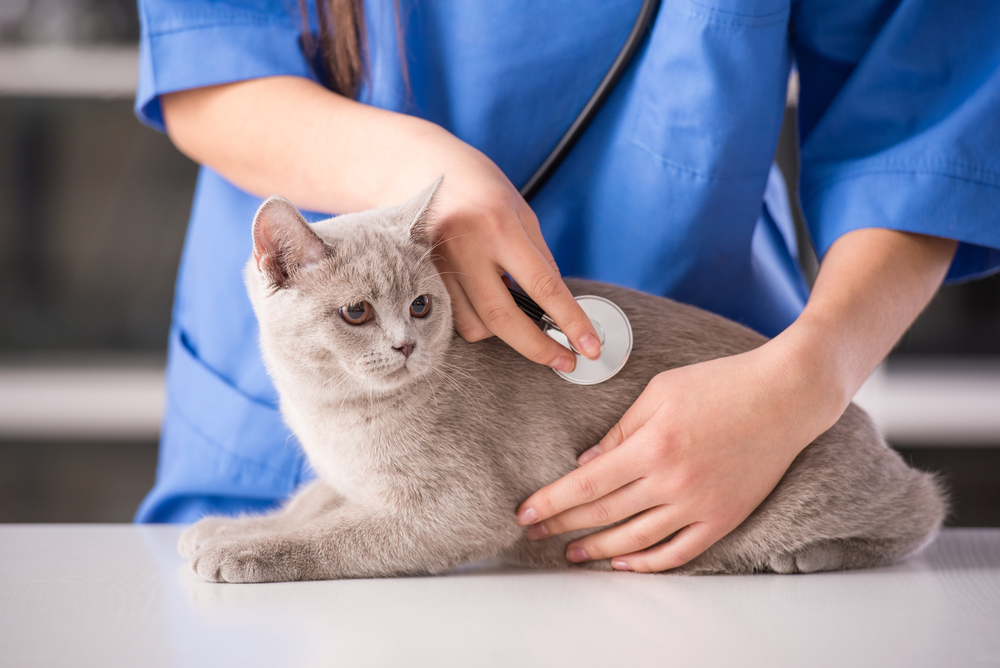 Anemia Due to Red Blood Cell Damage in Cats
Anemia, Heinz Body in Cats
This is a condition in
Anemia Due to Red Blood Cell Damage in Cats
Anemia, Heinz Body in Cats
This is a condition in
Copyright © 2005-2016 Pet Information All Rights Reserved
Contact us: www162date@outlook.com